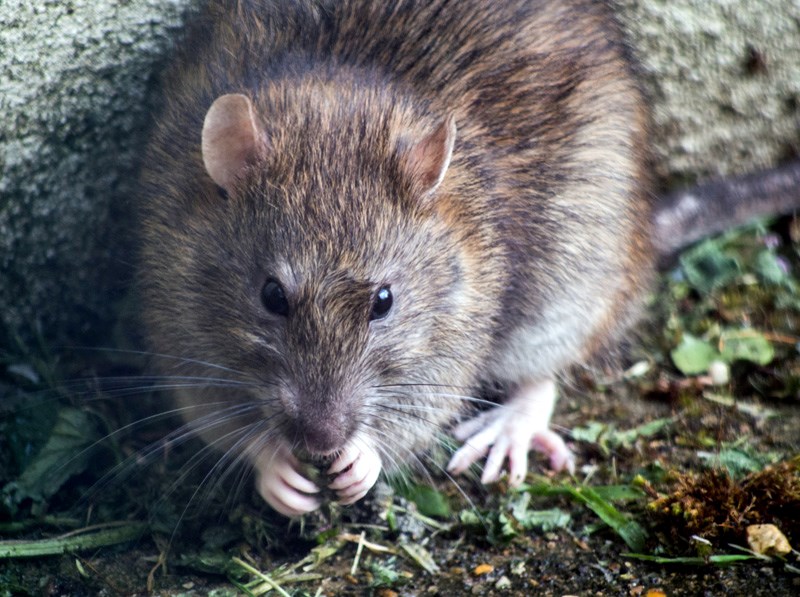Rats in Port Moody shouldn’t die an inhumane death that can also affect wild and domestic animals farther up the food chain that might eat them, says a city councillor.
Meghan Lahti wants the city to ban the use of rodenticides.
In a report she plans to introduce to council when it resumes meeting in September, Lahti said newer anticoagulant rodenticides that inhibit blood clotting in mice and rats can linger in their livers for years, poisoning other animals that might eat them before they die.
“Second-generation rodenticides don’t kill animals right away,” Lahti said in the report. “It can still take days and, in that time, a sick animal often consumes more of the poison and exhibits signs of illness, making it an easier target for predators.”
Those predators can include squirrels, bobcats, hawks and owls as well as domestic dogs and cats.
Lahti said the lingering presence of rodenticides can even work its way into eagles and cougars as they consume the smaller poisoned predators.
According to Owl Watch BC, while rodenticides might be the easiest and cheapest way to control rats, they may actually allow their populations to grow as natural predators are impacted by the poison. Instead, it recommends more sustainable methods be used, like sealing access points to buildings or using non-toxic traps.
In June, the District of North Vancouver voted to ban the use of rat poisons and in July the District of Saanich prohibited its own use of rodenticides, while also initiating an education plan for residents on their harmful effects.
In 2003, Port Moody became the first city in Western Canada to adopt a bylaw prohibiting the use of pesticides and herbicides on public and private property. The bylaw went into effect in 2006 and three years ago fine for violations was raised to up to $10,000.



